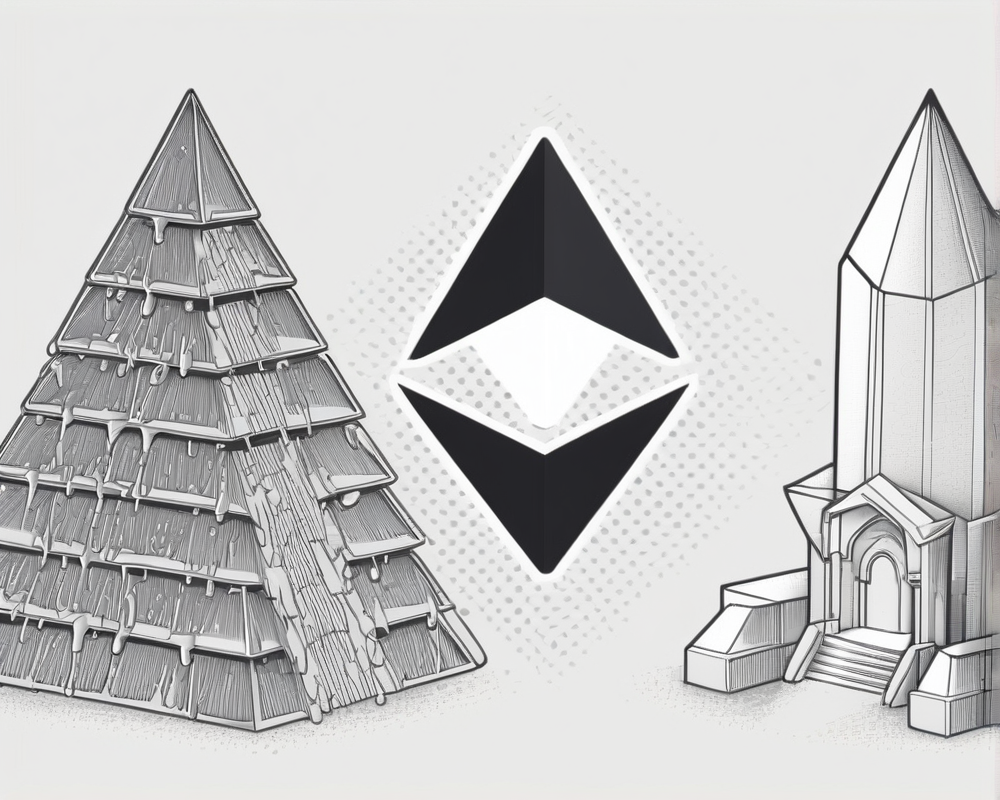Background on the Proposal
It was about 25 years ago that two economists threw down the gauntlet for a common currency between Argentina and Brazil. Fast-forward to today, and Brazilian President Luiz Inácio Lula da Silva and Argentine President Alberto Fernández are dusting off this old idea like it’s a vintage record. Sure, it sounded plenty good back in the day, but current economic realities seem to have left it stuck in the past, like a teenager’s bedroom filled with posters of boy bands.
The Economic Disparity
You might want to sit down for this revelation: the economic landscapes of these two countries have morphed into a tale of two cities – one flourishing, the other floundering. Back in 1998, their currencies danced closely at a near 1:1 exchange rate with the dollar. Now, the Brazilian real struts around at a staggering 35 pesos. The main character in this tragedy? Argentina’s peso, which has seen more ups and downs than an amusement park rollercoaster.
The Quirky World of Exchange Rates
Speaking of rollercoasters, welcome to the bizarre world of Argentina’s various exchange rates:
- Coldplay Dollar: In case you’re wondering, this rate is not linked to song royalties but is used for international performances.
- Qatar Dollar: Specifically for fans during the World Cup, showing that when it comes to football, Argentines can find a way to splurge.
Economic indicators? More like economic enigmas!
The Ideological Infusion
Now that Peronism and Petism are back in the power ring, they’re seemingly united in their love for flashy proposals like this common currency. However, the reality is that ideological bonds often conceal the desire for political theatrics more than any real economic strategy. It’s like slapping a fresh coat of paint on a crumbling house—you can’t just mask the underlying issues.
The Cryptocurrency Confusion
What adds more fuel to this fire is the mention of a digital currency. But before you get too excited, it’s important to clarify that this would be a state-issued currency—more akin to traditional money with a tech-savvy twist, rather than the decentralized flavor of cryptocurrency that makes so many people raise their eyebrows.
Ironically, both governments are echoing sentiments once championed by cryptocurrency advocates namely: breaking away from dollar dominance and mitigating the impact of sanctions. Talk about the old marrying the new at a rather peculiar economic wedding!
Conclusion: The Fate of the Proposal
In the end, it seems the common currency proposal may more likely be a rhetorical playground rather than a concrete reality. While Brazil doesn’t have much to gain, the echoes of history warn us not to dismiss such quirky ideas too easily. Remember what Llewellyn Rockwell once said, “Never underestimate the power of bad ideas. They must be refuted again and again.” Are we in for another round of economic theater? Only time will tell.




